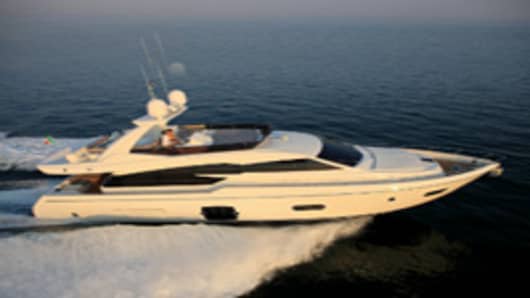or Sanjay Kumar of Computer Associates, both of whom had large homes and yachts.
By contrast, frugal CEOs were more likely to have tighter financial controls and reporting systems at their companies, according to the research.
“Companies run by un-frugal CEOs are significantly more likely to engage in large acquisitions, to invest less in long-term organic growth, to operate assets in place less efficiently, to generate inferior subsequent accounting and stock-return per dollar of corporate investment, and to go bankrupt, suggesting a pattern of low frugality with regard to the stewardship of corporate resources,” the paper said.
The paper also found that un-frugal CEOs were more likely to have less independent corporate boards.
Granted, the research is preliminary. There are plenty of companies run by free-spending CEOs that do just fine. Consider Oracle, whose CEO Larry Ellison is famous for his mansion-buying habit and his large yacht. Oracle is doing just fine.
What’s more, there's no evidence in the paper that non-frugal CEOs are personally involved in fraud more often. It’s just that their companies are more prone to restatements and financial problems.
Robert Davidson, one of the study’s authors, said that there are two possible explanations for why companies run by free-spending CEOs are more likely to have restatements.
The “leisure theory” is that CEOs are too busy driving their fancy cars or cruising on their yachts to bother with constant details at the office. Toys can be distracting. And while CEOs may think they can run the company just as well from the Feadship, oftentimes they can’t.




